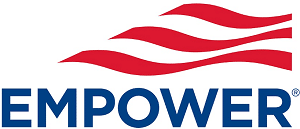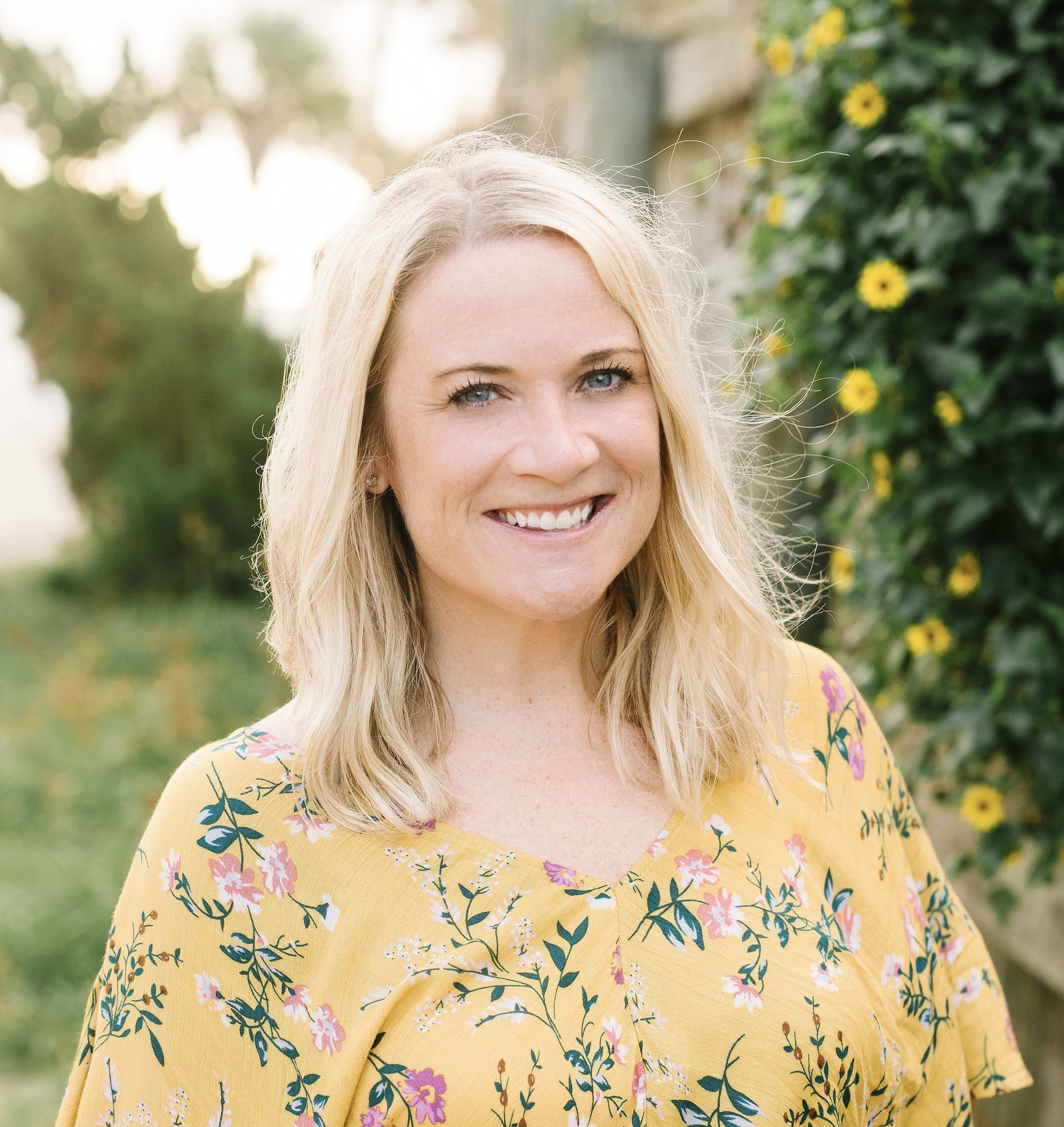Editorial Note: We earn a commission from partner links on Doughroller. Commissions do not affect our authors’ or editors’ opinions or evaluations. Learn more here.
Seventy-four percent of Americans say they have a monthly budget, but 84% say they’ve gone over budget at times. In short, overspending is fairly common.
But until you know where your money is going, you can’t fully address the issues that might be holding you back. That’s where expense trackers come in. These apps can help you see where the money is going and identify areas to improve.
Here are our picks for the best expense tracker apps, along with how they can help you make better financial choices.
The 6 Best Expense Tracker Apps
| Expense Tracker | Strongest Feature |
| Rocket Money | Cancel unwanted subscriptions |
| Empower | Overall view of your finances and accounts |
| Acorns | Investing extra money |
| PocketGuard | Seeing how much money you have left in your budget |
| YNAB | Planning to give every dollar a job |
| Goodbudget | Best for old-school budget devotees |
1. Rocket Money
Rocket Money is one of the best expense tracker apps because it keeps a close eye on your finances and offers advice on where your money is going and how to improve your budget. You can quickly set up notifications for any tracked account and always be on top of spending.
The free version of Rocket Money offers everything you need to track expenses, create a budget, and set your savings on autopilot. Link as many accounts as you have so that all of your finances are in one place.

If you want to go the extra mile, Rockey Money offers a fee-based service that will track all of your current subscriptions and offer you the ability to cancel them with just a couple of clicks.
- Rocket Money Pricing – Free version for budgeting and expense tracking or pay-what-you-want ($4 to $12 per month) model to include subscription cancellation and other features.
2. Empower

Formerly Personal Capital, Empower offers a comprehensive view of your finances. Connect all your accounts to the app and get access to the aggregated dashboard, which includes attractive visuals that can help you see where you stand with different accounts and goals, as well as track how you’re doing relative to the previous month. You can see whether you’re spending more or less than previously, and see different trends with your spending.
Empower also helps you see your spending by category, including different loan payments, so you can track how much is going toward paying down debt. You can see groceries, utilities, taxes, and other categories to give you a clearer idea of where your money is going.
The retirement planner is another notable feature. It anticipates big expenses, creates a spending plan just for you, and considers income events that might affect your retirement savings strategy down the road. There’s also the Retirement Readiness Score, which gives you a “score” based on your total account balance.
On top of that, Empower also connects you to your overall net worth and lets you see how various investment accounts are doing. It’s a good way to see where you stand and see how you can improve your financial picture by redirecting some of your financial resources from certain expenses and toward other goals.
Empower also offers a full wealth management service, with the complete investment management of various investment accounts, though this is a paid feature.
- Empower Pricing – The Empower app is FREE; investment wealth management services charge a fee of 0.89% for accounts under $1 million.
3. Acorns

While not strictly an expense tracker app, Acorns can help you improve your finances by investing your spare change. The round-up feature works by monitoring your accounts and rounding up any purchase to the nearest dollar. That “spare change” is then deposited into your Acorns account. Once your account reaches $5, you can invest in a portfolio of EFTs and set up recurring investments if you wish.
One of the things that you can do with the round-up feature is see the transactions, so you can review where the money was spent and identify patterns. Then you can identify where you might need to cut back.
- Acorns Pricing – Acorns offers three different plans starting at $3 per month. For expense tracking, the basic $3 monthly plan will do.
4. PocketGuard

If you need a more in-depth view of your finances, PocketGuard is a solid choice. Link your bank accounts, credit cards, and investment portfolio, then keep tabs on your account balances and net worth. PocketGuard schedules and tracks your recurring expenses, like bills. You can also add custom categories and hashtags to help you better organize your costs and keep track of your income.
On top of helping you track your expenses, PocketGuard also helps you see how much spendable money is still left in your pocket. Plus, you can see which of your expenses you spend the most on, so you can adjust accordingly.
- PocketGuard Pricing – PocketGuard offers two levels: basic, which is free; and PocketGuard Plus, which is $6.25/month or $74.99/year.
5. YNAB

YNAB is one of the best expense trackers on the market. That’s because it offers simple, yet effective, budgeting strategies that, well, work.
Add your accounts and expenses to YNAB, set savings goals, and share with your family members. Then watch your relationship with money completely change.
YNAB teaches you to give every dollar a job. You decide where every dollar from your paycheck goes, from paying your rent or mortgage to shopping for groceries to investing, even saving for your next getaway.
Second lesson? Embracing your actual expenses. Budgets don’t work unless they’re realistic, so YNAB helps you set a real budget that takes your real expenses into account. Third? Flexibility is key. Don’t be afraid to tweak your budget as you go along.
The last lesson is perhaps the most important. YNAB encourages users to “age” their money—meaning, use last month’s pay for this month’s expenses, putting your a month ahead of your bills.
- YNAB Pricing – YNAB offers a 34-day free trial, then it’s $14.99/month for a monthly plan.
6. Goodbudget

If you’re a fan of the old-school envelope budgeting system, then Goodbudget might be a logical upgrade. It uses a virtual envelope budgeting system. Simply assign your expenses to an “envelope” and watch your budget start magically working. (Well, not quite magic. But you get the idea.)
Goodbudget also allows you to share your budget and spending with those in your household. Anytime money is spent from an envelope, everyone with the Goodbudget app (which is iPhone or Android compatible), is notified. No more surprises and everyone is on the same page with the budget.
And if you want to save money for a big expense like a trip, simply assign an envelope for that. Having a space to save for those expenses apart from your regular spending makes reaching those goals that much easier.
- Goodbudget Pricing – Goodbudget is $8/month or $70/annually.
What to Look for in an Expense Tracker App
Expense trackers aren’t one-size-fits-all. When choosing an expense tracker, consider your financial situation, your long-term goals, and any specific features you want. Here’s what to look for in an expense tracker app
- Accounts tracked: Do you just want your bank account tracked, or do you want to see your credit card spending as well? While it’s not a given, some expense trackers also factor in your investment portfolio, to give a more comprehensive picture. Decide what accounts you need to keep tabs on and go from there.
- Tools and features: Do you want tools that help you budget as well as show you where your money is going? Do you like the idea of an app letting you know when you’re approaching your spending limits? Are you looking for budgeting apps that are calendar-based? Carefully consider what makes sense as you evaluate an app’s features.
- Fees: In some cases, it might be worth it to pay some fees if your expense tracker app comes with extra features that you’ll benefit from. But if you just want a basic app that only tracks your expenses and displays your commonly used categories, it might make more sense to opt for a free version.
How Did We Choose the Best Expense Tracker Apps?
We reviewed several apps, analyzing features, cost, and usability. Other considered features were accessibility, user reviews, and extra features like whether investments were included or if an app could be used across an entire household. And while price wasn’t the most important factor, it matters. We chose both free and paid versions.
Frequently Asked Questions (FAQ)
Why should I use an expense tracker?
While you may not want to take the time to choose an app, input your data, and link all your accounts, using an expense tracker is one of the best ways to get control of your finances. In fact, of those who have a budget, 62% say it makes them feel more in control.
Does the envelope budgeting system work?
Like any budgeting system, it depends on the person. But this budgeting strategy that focuses on tangible, discretionary income has been successful for many. Plus, dividing your money into categories and only spending within that category makes it harder to overspend.
What are the requirements for a spending tracker?
It varies, but here’s a general idea: it should link your accounts, track your spending and savings, provide data on spending patterns, and have bank-level security. An easy-to-use interface, and inclusion of other net worth factors like investments, and shareability are also nice to have.
The Bottom Line
Using an expense tracker is one way to get a handle on your finances, whether your goal is to develop and stick to a budget, put away funds for a rainy day, or pay off debt.
While there’s no one-size-fits-all solution when it comes to expense trackers, with these apps, you’re bound to find one that fits all or most of your needs. After all, we do everything else on our phones. Why should budgeting be any different?

